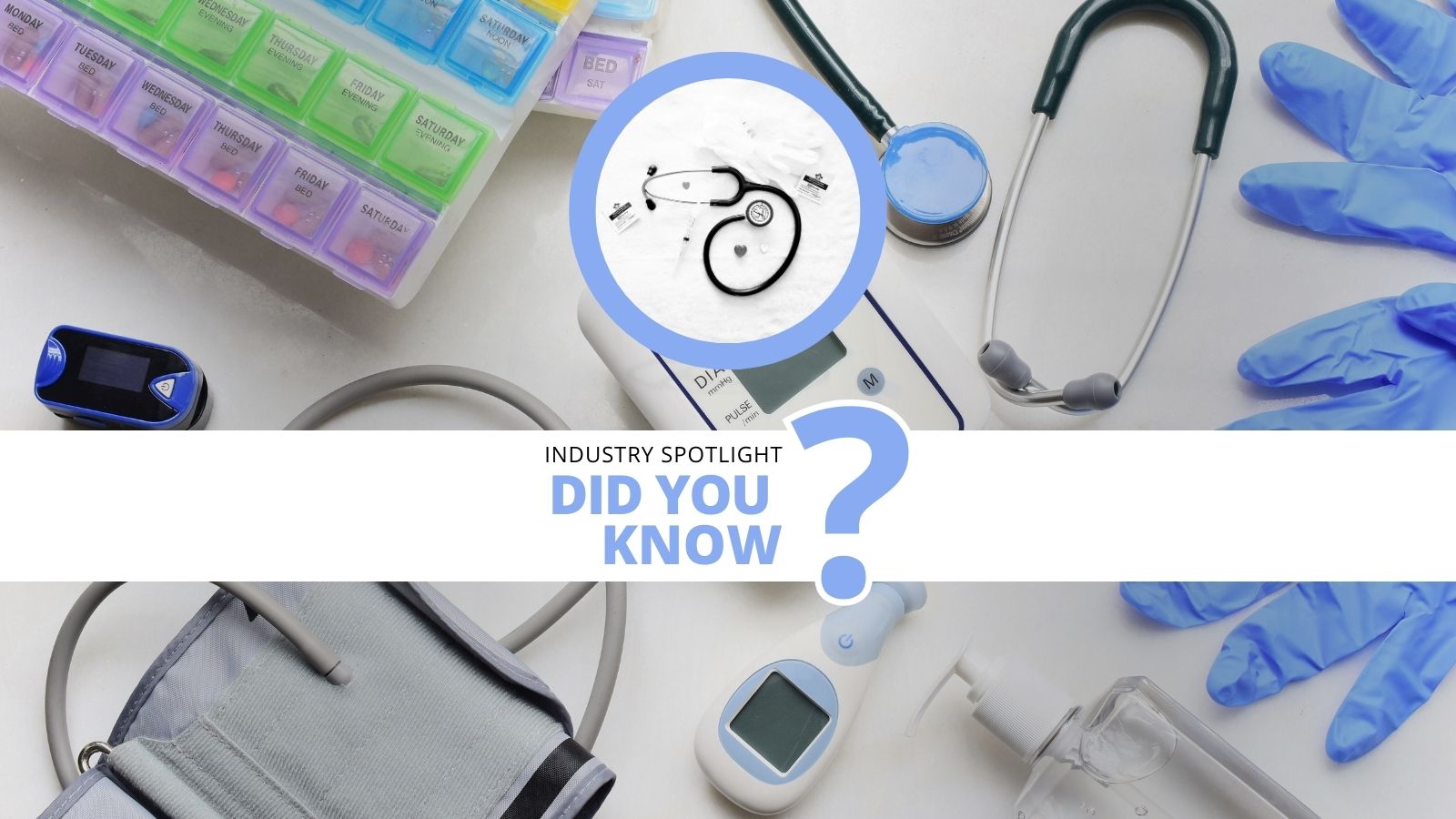Big Data Workplan for 2022 to 2025

The Big Data Workplan for 2022 to 2025 will enable further opportunity to enhance the efficient integration of data analysis into regulatory evaluation of medicinal products.
The European Medicines Agency (EMA) propose that “using novel technologies and the evidence generated from big data will benefit public health by accelerating medicine development, improving treatment outcomes and facilitating earlier patient access to new treatments.”
- Data Management Strategies of Tomorrow: Bridging the Gap Between Retired Data Systems and Digital Innovation
- EMA Vouch to Increase Access and Improve Quality of Data-Driven Medicine Regulation
- Funding Opportunity Announced for Generating Real-World Evidence in Regulatory Decision-Making
The EMA describes big data as “extremely large, rapidly accumulating datasets captured across multiple settings and devices,” usually through electronic health records and wearable devices. Big data is known to complement clinical trial evidence by filling in the gaps and better characterising diseases, treatment responses, and the performance of medicines.
Publication of the latest workplan follows the key recommendations of the Big Data Task Force outlined in 2020, which delivered a set of priority recommendations for regulators, based on thorough assessments of the opportunities and challenges of using big data in medicines regulation.
Now the joint Heads of Medicines Agencies (HMA) and EMA Big Data Workplan outline the latest three-year plan for big data generation and use related to human medicine regulation. Deliverables and timelines of the workplan include:
- Data analysis and real world interrogation: The workplan aims to provide over 100 studies from The Data Analysis and Real World Interrogation Network per year by 2025
- Data quality: Provide a data quality framework for the EU regulatory network
- Data discoverability: Provide a good practice guide on real-world metadata and a public catalogue of European real-world data
- EU network skills: Deliver training on pharmacoepidemiology, biostatistics, and data science for regulators, with targeted access for patients, healthcare professionals, and academics
- EU network processes: The workplan will strengthen EU network processes for big data submissions by launching a ‘big data learnings initiative.’ This will include enhancing the existing EU PAS register to increase transparency on study methods using big data
- Build capability to analyse big data: Establish a network of analytics centres in association with regulatory agencies to strengthen the ability to validate AI algorithms
- Modernise the delivery of expert advice: By building on existing working party structures, the workplan aims to establish a Methodologies Working Party and an Omics Working Party that reinforces the existing pharmacogenomics group
The plans carried out by the Big Data Steering Group expand on the Regulatory Science Strategy to 2025 and will aid the European Medicines Agencies Network Strategy to 2025.
Get your weekly dose of industry news and announcements here, and keep up to date with the latest ‘Industry Spotlight’ posts. For other PharmaTec content, please visit the PharmaTec Content Portal.
Want to find out more about the innovations happening in pharma data? Join Oxford Global’s annual Pharma Data & Digital Medicine event today. This 2-day conference brings together a panel of prominent leaders and scientists, sharing new case studies, innovative data, and exciting industry outlooks.




.png)

